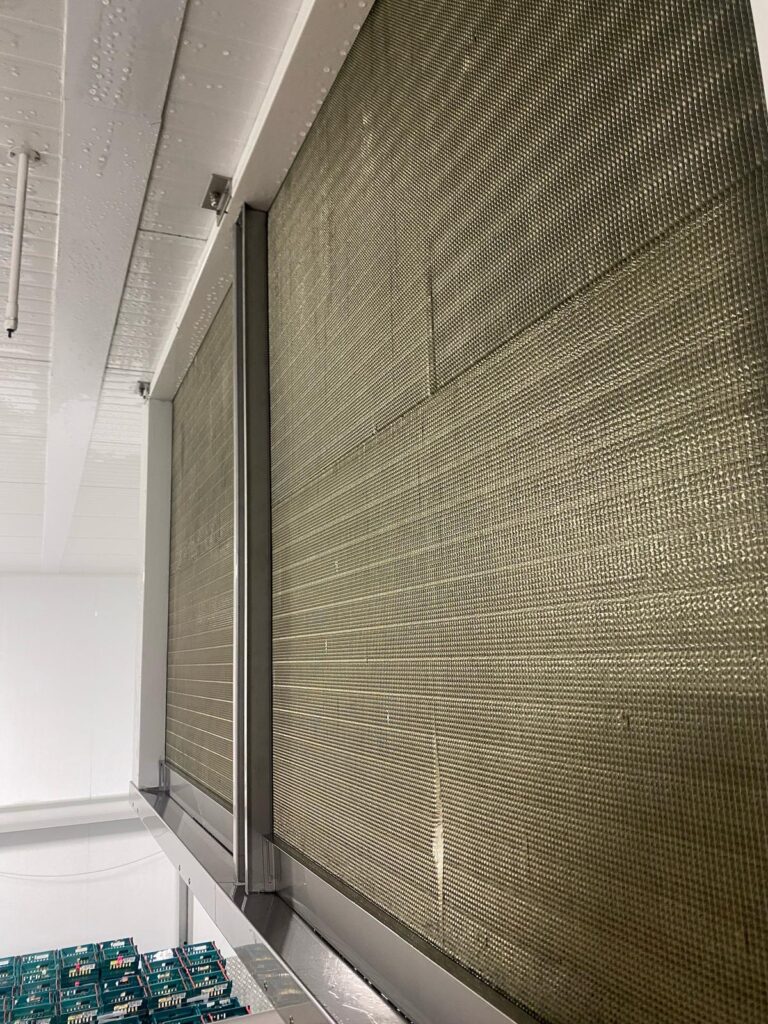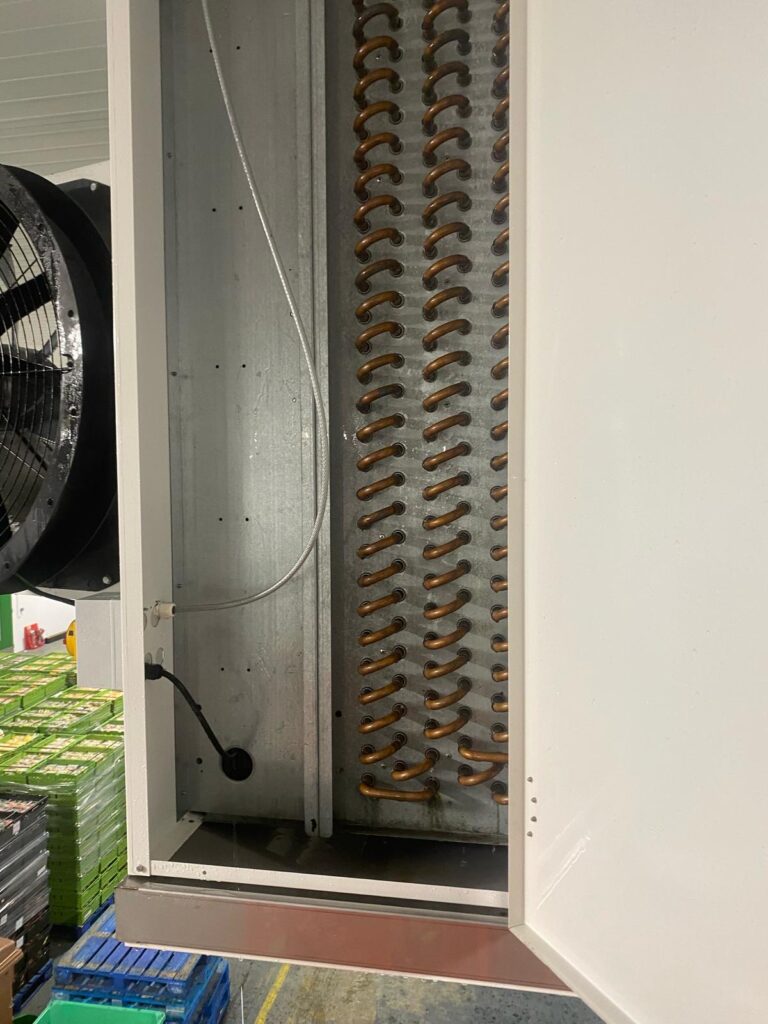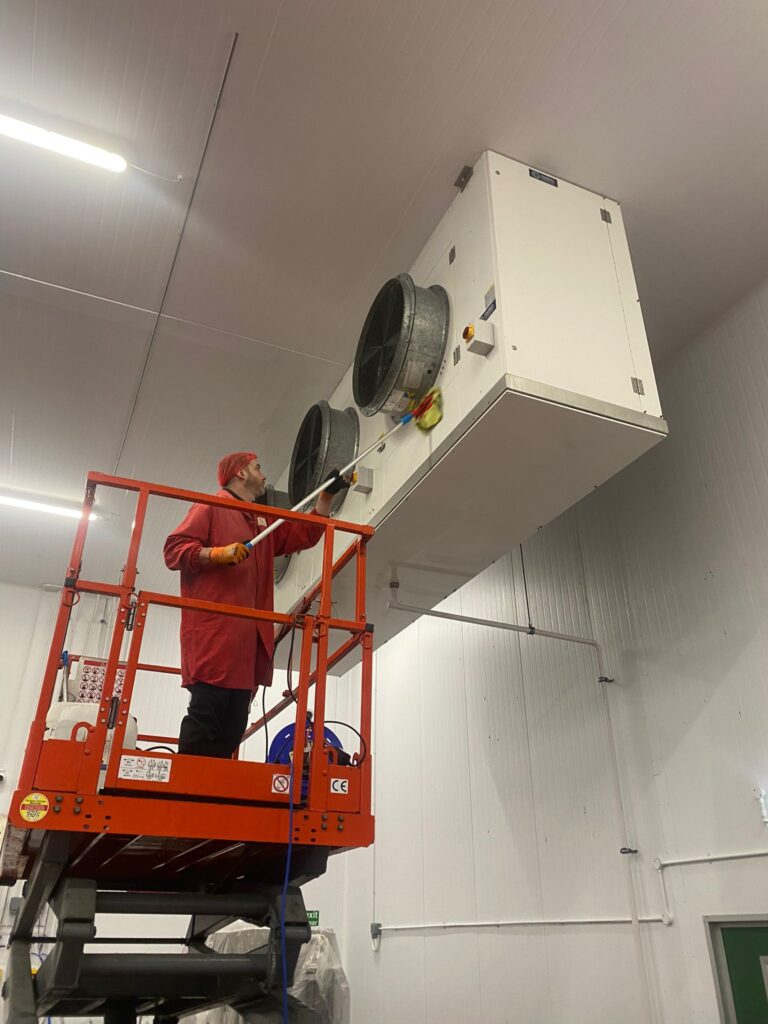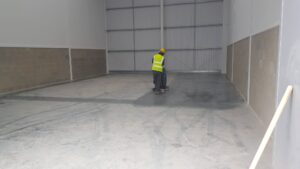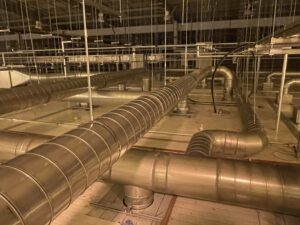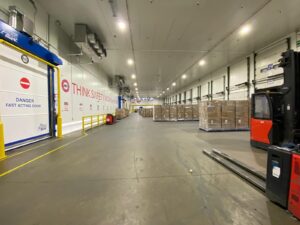When it comes to creating a safe, comfortable, and energy-efficient workplace, few systems are as essential as your HVAC (Heating, Ventilation, and Air Conditioning) setup. Among its components, the cooling and condensing units are pivotal in regulating indoor temperatures, maintaining air quality, and ensuring the system’s reliability. Yet these units are often overlooked when it comes to maintenance, we’ll show you why HVAC Unit Cleaning: Boost Efficiency & Protect Your Business
Neglecting them doesn’t just result in minor inefficiencies—it can lead to expensive repairs, compliance failures, and significant health and safety risks. Regular professional cleaning should not be seen as a discretionary expense; it’s a proactive investment in the wellbeing of your employees, the performance of your equipment, and the profitability of your operations.
What Are Cooling and Condensing Units?
Cooling and condensing units are integral parts of any HVAC system and HVAC Unit Cleaning: Boost Efficiency & Protect Your Business
- Cooling units work by extracting heat from the indoor environment, helping to keep the temperature comfortable.
- Condensing units release that heat outside the building.
Together, they maintain a stable indoor climate, which is crucial not only for comfort but also for sensitive equipment, product storage, and employee productivity.
However, over time—especially in commercial and industrial environments—these units collect a significant amount of dirt, dust, grease, and airborne particles. This buildup can clog coils, reduce airflow, and overwork the system.
Consequences of Poor HVAC Hygiene
Ignoring the cleaning and maintenance of HVAC components can have serious repercussions:
- Reduced Energy Efficiency: Dirty coils and blocked filters cause systems to work harder and consume more energy.
- Accelerated Wear and Tear: Overheating and component stress from blocked airflow can lead to premature equipment failure.
- Decreased Air Quality: Dust, mould, and other contaminants can circulate through the air, potentially triggering allergies and respiratory issues among staff.
- Higher Operating Costs: Increased power consumption, more frequent repairs, and shorter system lifespan all contribute to rising expenses.
According to the Indoor Air Quality Association (IAQA), regular maintenance can reduce breakdowns by up to 95% and cut energy bills by as much as 30%.
UK Regulations and Standards You Must Know
In the UK, maintaining HVAC systems isn’t just good practice—it’s a legal obligation. Several pieces of legislation and industry standards place specific requirements on businesses:
- Health and Safety at Work Act 1974
Employers have a legal duty to ensure the health and safety of employees. This includes maintaining air systems to avoid health risks. - Control of Substances Hazardous to Health (COSHH) Regulations 2002
These regulations require businesses to manage risks from exposure to harmful substances—like mould and bacteria—that can accumulate in HVAC systems. - Energy Performance of Buildings Regulations (England and Wales)
Buildings with air-conditioning systems over 12 kW must have regular inspections by accredited energy assessors. - BS EN 15780: Ventilation for Buildings – Ductwork Cleanliness
This British and European standard specifies inspection and cleanliness guidelines for air ventilation systems, including recommended cleaning intervals based on building type and use.
Non-compliance can result in fines, legal action, or invalidated insurance policies—not to mention the reputational risk if a health issue arises. Find out how ACC Commercial Cleaning can help you
Business Benefits: Why Cleaning Pays for Itself
Investing in the professional cleaning of cooling and condensing units delivers tangible returns:
1. Energy Savings
Clean HVAC systems run more efficiently. Data from the Institute for Building Efficiency indicates that maintenance can reduce energy usage by 10–20%, while neglected systems can consume 30–60% more energy.
2. Extended Equipment Lifespan
Well-maintained units can last up to 40% longer. By avoiding premature replacements, businesses can delay major capital expenditures.
3. Better Indoor Air Quality
This is particularly important for offices, retail spaces, and production facilities. Cleaner air boosts employee health and satisfaction, reducing sick days and improving productivity.
4. Legal and Regulatory Compliance
Demonstrating regular maintenance and cleaning helps fulfil obligations under UK health and safety laws and environmental standards.
5. Fewer Breakdowns
Cleaning reduces mechanical stress and overheating, minimising emergency repair costs and unplanned downtime.
What Does Professional HVAC Cleaning Involve?
Hiring professionals ensures a thorough job that meets legal standards. A complete HVAC cleaning service typically includes:
- System Assessment: Technicians examine all components, including filters, coils, fans, and ductwork.
- Deep Cleaning: Specialist tools and environmentally safe cleaning agents remove accumulated debris, biological contaminants, and odours.
- Sanitisation: Anti-microbial treatments may be applied to inhibit mould and bacteria growth.
- Performance Testing: Post-cleaning assessments confirm the system is working efficiently.
- Documentation and Reporting: Professionals provide a full report and compliance records, which may be essential during audits or inspections.
Case Example: From Dirty to Compliant
Consider a medium-sized food distribution warehouse that had not cleaned its condensing units in over three years. Staff were reporting headaches, energy costs had spiked by 18%, and an insurance audit flagged HVAC neglect as a liability. After a professional cleaning service:
- Airflow improved by 30%
- Energy bills dropped by £2,400 annually
- Staff absenteeism fell over the next 12 months
- The business passed its next compliance audit without issue
This illustrates how cleaning can be both a health safeguard and a financial win.
Final Thoughts: Cleaning Is an Investment, Not an Expense
In today’s fast-paced and eco-conscious business world, there’s little room for inefficiencies—especially those that can be avoided with simple preventative maintenance. Cleaning your HVAC system’s cooling and condensing units is not a luxury; it’s essential for energy savings, regulatory compliance, and employee wellbeing.
Whether you’re operating a commercial office, retail store, manufacturing plant, or hospitality venue, proactive HVAC care will:
- Lower your operating costs
- Extend your equipment’s lifespan
- Enhance working conditions
- Ensure compliance with key UK regulations
Don’t let dirt be the downfall of your HVAC system.
Ready to Take Action?
Breathe cleaner air, reduce energy bills, and improve operational performance by booking a professional HVAC cleaning today. At ACC Commercial Cleaning, we’re specialists in helping UK businesses meet compliance standards while optimising building health and efficiency.
Contact us today for a tailored HVAC cleaning assessment and start experiencing the benefits of a cleaner, safer, and more efficient workspace.

